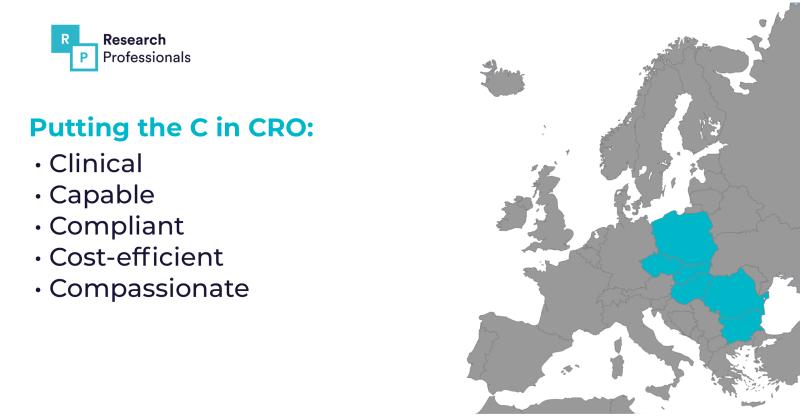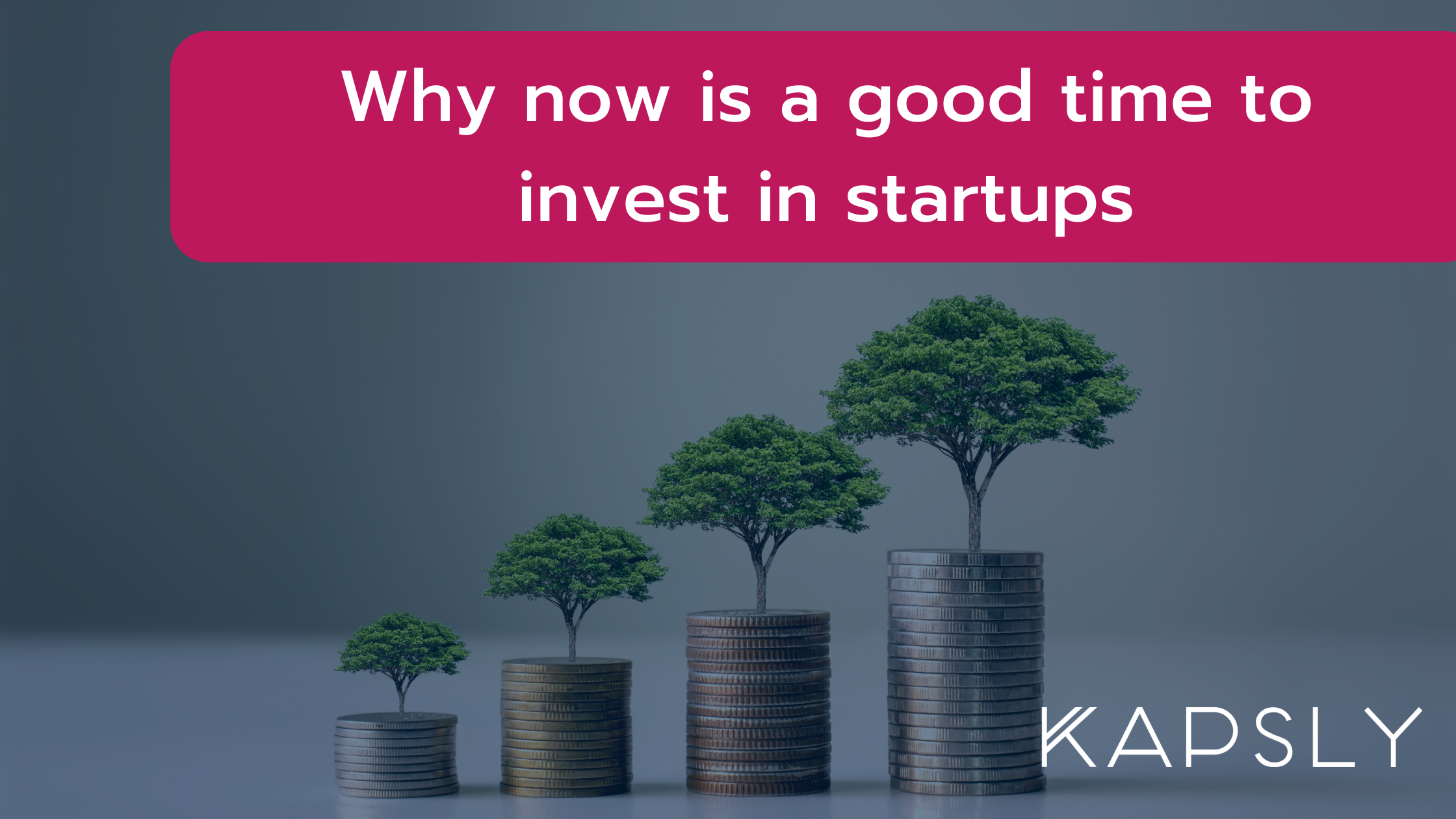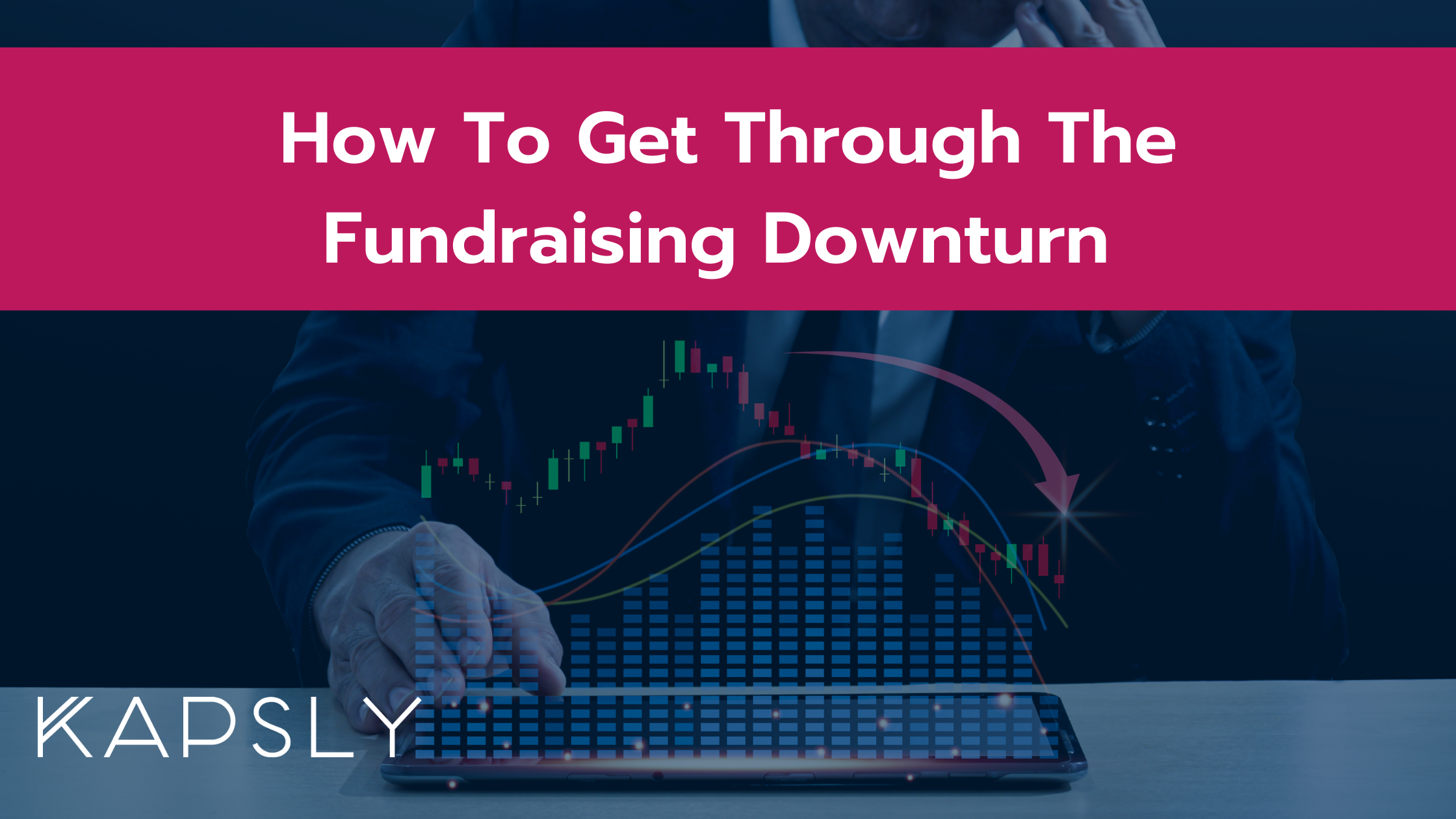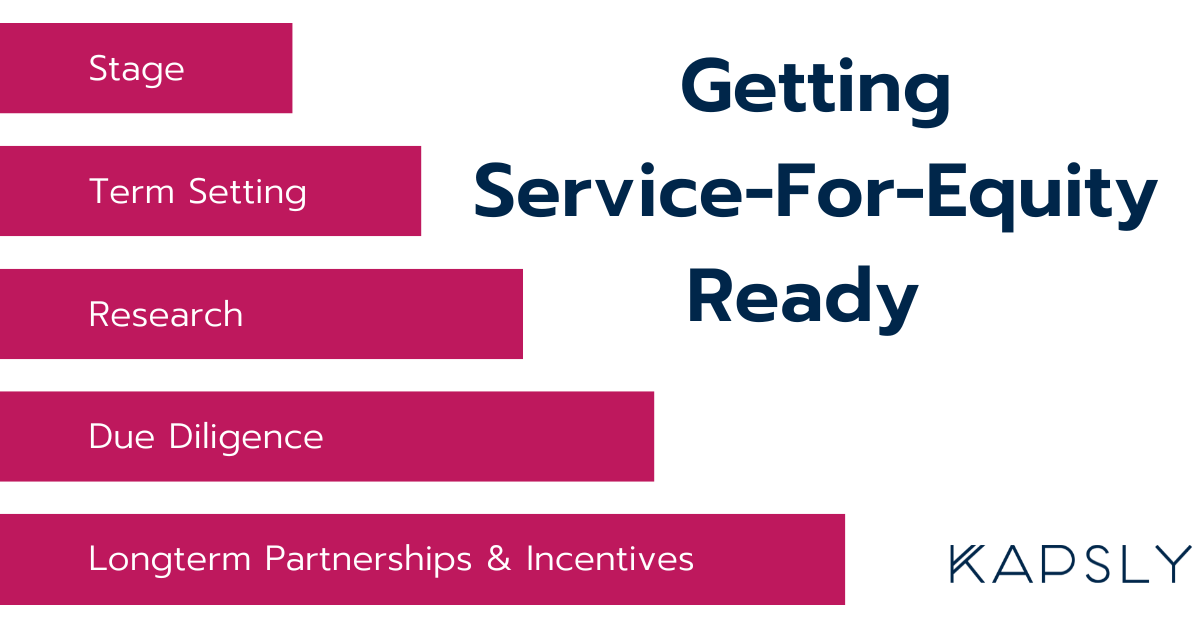When to Build, Buy, Partner, or Invest: Navigating MedTech Innovation
In today's fast-paced tech world, MedTech corporates must innovate to stay on top of the S-Curve — or, even better, to kickstart the next one. This concept, influenced by Schumpeter and developed by McKinsey, highlights the need for innovation while you still have a strong market share and healthy margins. With innovation cycles getting shorter and new technologies like AI and quantum computing accelerating these trends, it's evident that many large MedTech companies need to look beyond their R&D departments to keep their edge.

.png)
-2.png)



.png)

.png)
.png)










